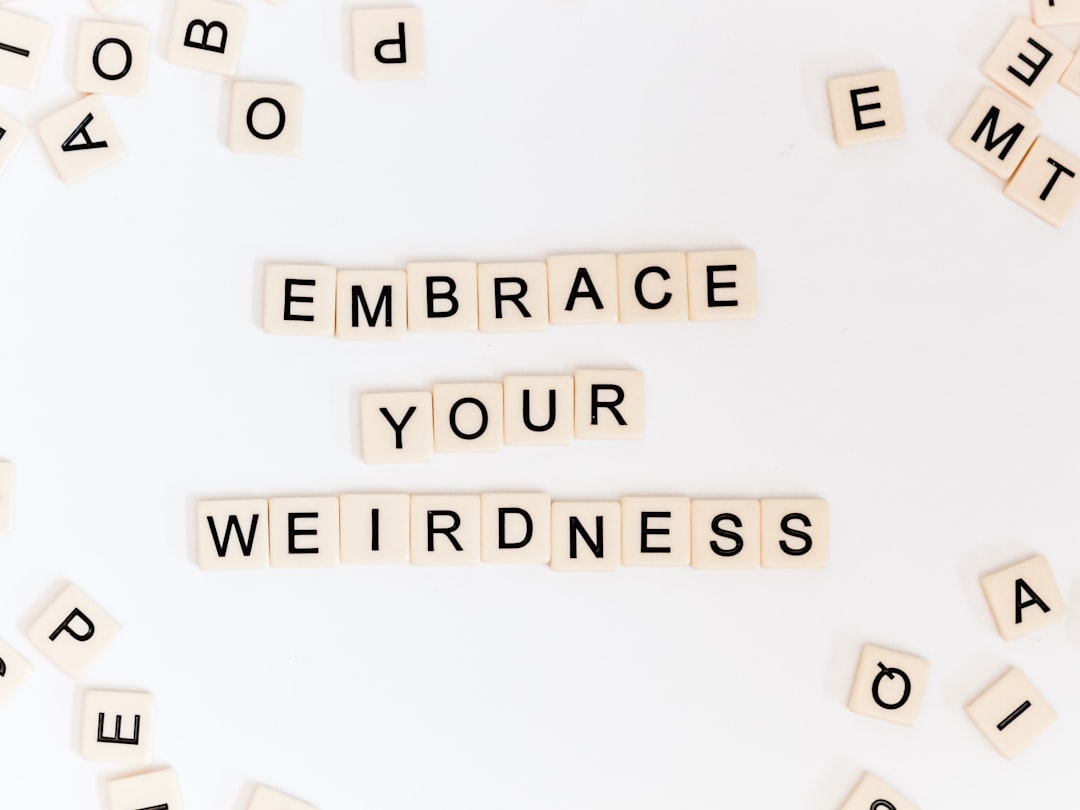
I used to believe I was the kind of person who just couldn't follow through.
My days were a cycle of bad habits. I’d lose myself in video games for hours, numb my feelings with food, and let procrastination win every time. The idea of becoming a healthy, productive person felt like a dream for someone else, not me. I was stuck. That feeling of being powerless is awful. It’s a quiet whisper that says, "You can't do it" or "Why even bother trying?"
That whisper is the opposite of self-efficacy. Self-efficacy isn’t about arrogance or being perfect. It’s that quiet, steady belief in yourself. It's the confidence that you can handle challenges, learn new things, and achieve your goals. It’s the voice that says, "Okay, this is hard, but I can figure it out."
I didn’t find this belief overnight. I built it. It was a slow process of stacking small wins, one on top of the other. It took me from a place of addiction and poor health to losing over 110 pounds and finding a life of purpose. If you feel stuck like I did, I want to share what helped. Here are 20 practical ways to build your own self-efficacy, starting today.
Start with Your Mindset
Before you take any action, your inner world needs a little redecorating. How you think about yourself and your challenges sets the stage for everything else.
- Remember Your Past Wins. You’ve succeeded before. Maybe you learned to drive, finished a tough project, or helped a friend through a hard time. Write them down. These are proof you are capable.
- Watch Others Succeed. Find people you admire, whether in real life or in books, who have overcome something similar. When you see that it’s possible for someone else, it plants a seed of possibility for you.
- Reframe Negative Thoughts. Your inner critic can be loud. When it says, "I'm a failure," try responding with, "I'm learning." It's not about fake positivity. It's about being fair to yourself.
- Focus on Learning, Not Perfection. See every task as a chance to grow, not a test you have to ace. This takes the pressure off. If you mess up, you didn't fail. You just learned one way that doesn't work.
- Plan the Steps in Your Head. Before you start a task, walk through the steps mentally. Don’t just imagine the finish line. Imagine the process. This mental practice makes the real thing feel less intimidating.
Take Small, Smart Actions
Belief is built on evidence. The best way to create that evidence is by taking small, consistent actions that prove your capability to yourself.
- Set Tiny, Achievable Goals. When I wanted to lose 110 pounds, I didn't focus on the huge number. My first goal was to walk for 10 minutes a day. That’s it. A goal should be so small that you almost can't say no to it.
- Celebrate Every Small Win. Did you choose water over soda? Celebrate it. Did you work for 15 focused minutes? Acknowledge it. These little victories build momentum and rewire your brain to seek more success.
- Break Big Tasks Down. A goal like "get healthy" is overwhelming. Break it down. "Go for a walk Monday." "Add a salad to lunch Tuesday." "Go to bed 30 minutes earlier Wednesday." Each small task you check off is a brick in your wall of self-belief.
- Master One Small Thing. Pick one small habit and focus only on that until it becomes automatic. Maybe it’s making your bed every morning or reading two pages of a book every night. Mastering one thing proves you can master others.
- Just Start for Five Minutes. Procrastination often comes from feeling overwhelmed. Tell yourself you only have to do the task for five minutes. Anyone can do something for five minutes. Often, once you start, you’ll find the motivation to keep going.
- Create a Dependable Routine. I found that I work best in short, focused bursts of 2-4 hours. My routine isn't about working all day. It's about showing up consistently for that short period. A routine builds trust with yourself because you keep the promises you make.
- Face a Small Fear. Do something that makes you slightly uncomfortable. Make that phone call you’ve been avoiding. Speak up in a meeting. Each time you step outside your comfort zone and survive, your confidence grows.
- Track Your Progress. Keep a simple log or journal. Seeing how far you’ve come is incredibly powerful. On days you feel like you’re getting nowhere, you can look back and see the evidence of your hard work.
Build Your Environment for Success
You don't have to do this alone, and your surroundings can either help you or hold you back. Be intentional about what and who you surround yourself with.
- Find a Role Model. This could be a mentor, a coach, or even a friend who is a little further along the path than you are. Ask them questions. Learn from their journey.
- Ask for Encouragement. Tell a trusted friend or family member about your goal and ask for their support. Hearing someone else say, "I believe in you," can make a huge difference.
- Limit Negative Influences. If certain people or social media accounts always leave you feeling drained or bad about yourself, it’s okay to mute, unfollow, or distance yourself. Protect your mental space.
- Organize Your Physical Space. A cluttered desk or a messy room can make your mind feel cluttered and overwhelmed. A clean, organized space can bring a sense of calm and control.
- Prepare for Setbacks. Setbacks will happen. They are not a sign of failure; they are a part of the process. Decide in advance how you'll handle a bad day. Maybe you’ll talk to a friend or go for a walk. Having a plan removes the panic.
Connect with Something Bigger
For me, the final piece of the puzzle was realizing I didn't have to rely solely on my own strength.
- Help Someone Else. Shifting your focus from your own problems to helping another person is a powerful way to build self-efficacy. When you successfully help someone, it proves





